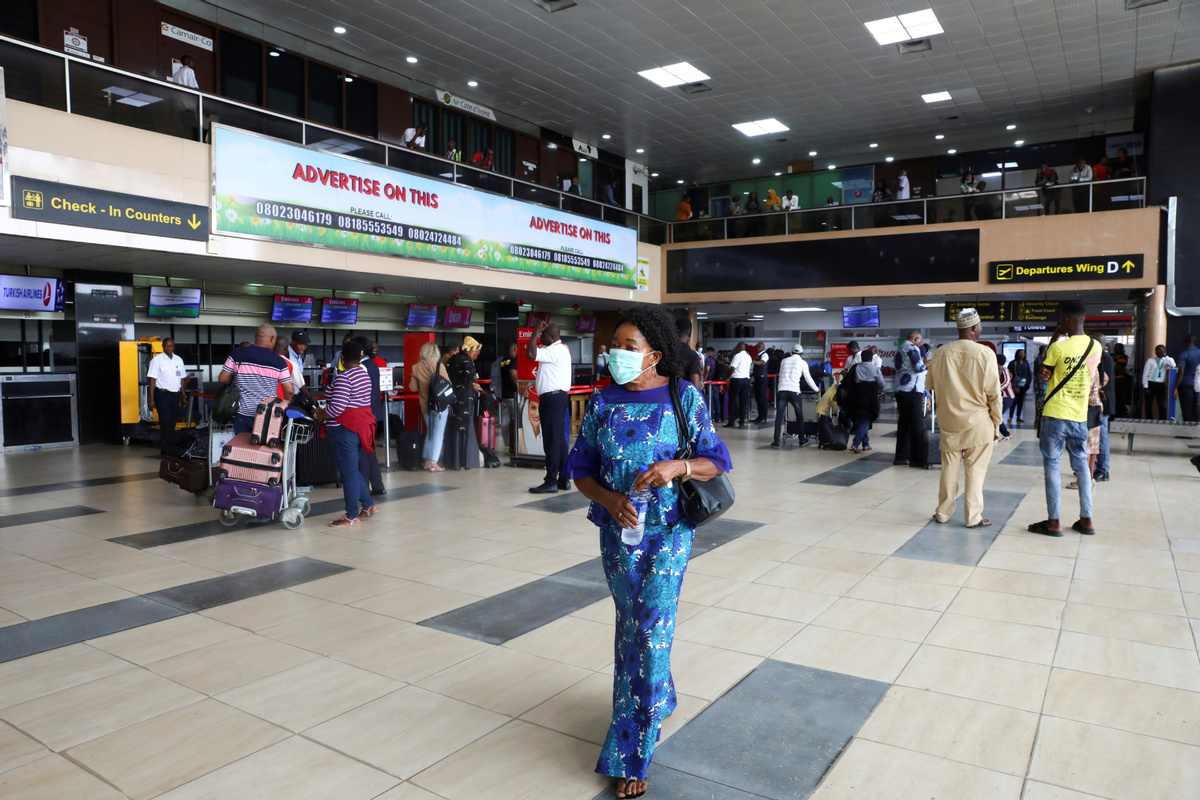Nigeria opens online course to curb health worker infections

In efforts to ensure that its healthcare workers are safe, even as coronavirus infections spread rapidly among healthcare staff across Africa, the Nigeria Centre for Disease Control, or Nigeria CDC, has launched an online course on infection prevention and control targeting the workforce.

Developed by the Infection Prevention and Control Unit of the Nigeria CDC, with technical assistance from eHealth Africa, the course is aimed at reducing coronavirus transmission risk while administering healthcare.
It features modules on standard and transmission-based precautions, use of personal protective equipment and other essential aspects of infection control in healthcare. A certificate of participation will be awarded at the end of the course.
The online course is also designed to document vital information to monitor infection prevention and control compliance across health facilities at the primary, secondary and tertiary levels, both in public, private and faith-based facilities in the country.
The Nigeria Centre for Disease Control said it's committed to strengthening the capacity of frontline healthcare workers on infection prevention and control, terming it as critical for strengthening national health security.
So far, the center has supported training of about 17,436 health workers on infection prevention and control.
It's also working in collaboration with the Departments of Hospital Services and Food and Drugs of the Federal Ministry of Health, to ensure that health workers are provided with the required personal protective equipment to reduce the risk of health workers getting infected.
"We urge the public to remain aware of the risks of the coronavirus and to adhere to the preventive measures advised by the Presidential Task Force on coronavirus and the Federal Ministry of Health," the Nigeria CDC said.
According to the World Health Organization, while information on health worker infections is still limited in Africa, the preliminary data finds that they make up more than 5 percent of cases in 14 countries in sub-Saharan Africa alone, and in four of them, health workers make up more than 10 percent of all infections.
The UN agency attributes the infections to inadequate access to personal protective equipment or weak infection prevention and control measures. This is in addition to healthcare workers being exposed to patients who do not show signs of coronavirus and are in hospital for a range of other services.
Risks also arise when health personnel are repurposed for coronavirus response without adequate briefing, or because of heavy workloads which result in fatigue, burnout and possibly not fully applying the standard operating procedures.
South Africa is the most affected country in Africa, with coronavirus infections confirmed in 24,000 healthcare workers, of whom 181 have died, as of Aug 5.
In a news conference on Aug 5, Zweli Mkwize, the South African health minister, said the healthcare worker infections translate to 5 percent of the country's total caseload.
Mkwize warned that action will be taken against hospital administrators who do not ensure safety of the healthcare workers.
As of Aug 6, South Africa had reported a total of 529, 877 infected cases and 9,298 deaths.
The country has the world's fifth-highest number of infections after the United States, Brazil, India and Russia, according to the WHO.
Meanwhile, on Aug 5, the WHO sent a team of more than 40 health experts to strengthen South Africa's coronavirus response. The taskforce will support surveillance, case management, infection prevention and control, among other areas.

































